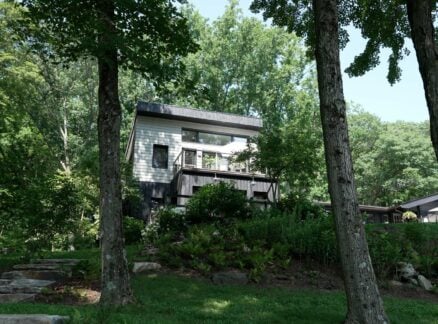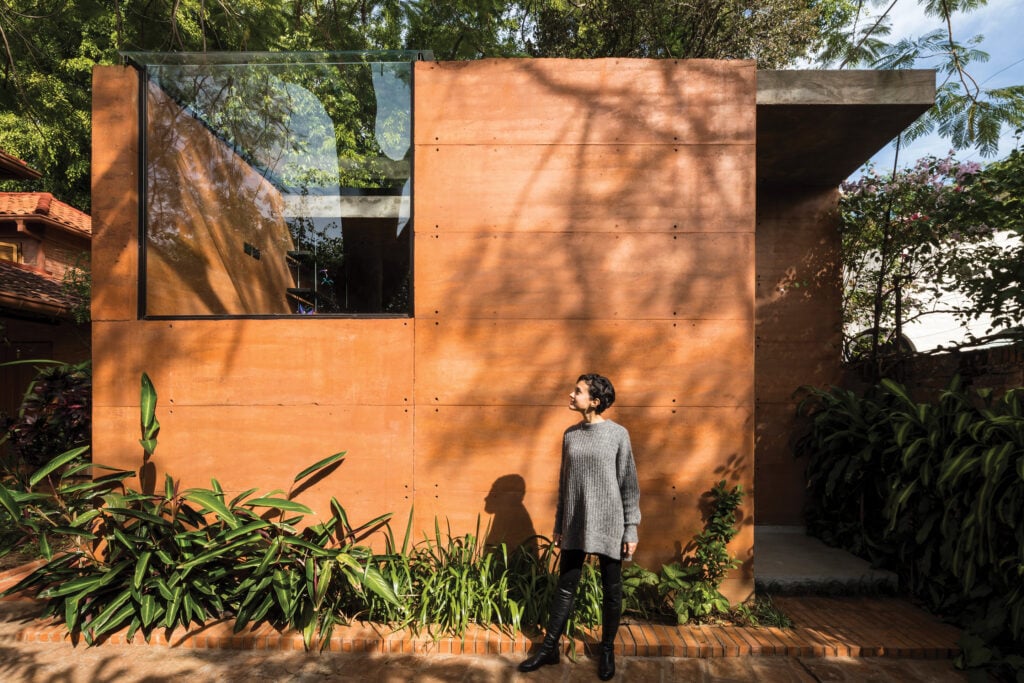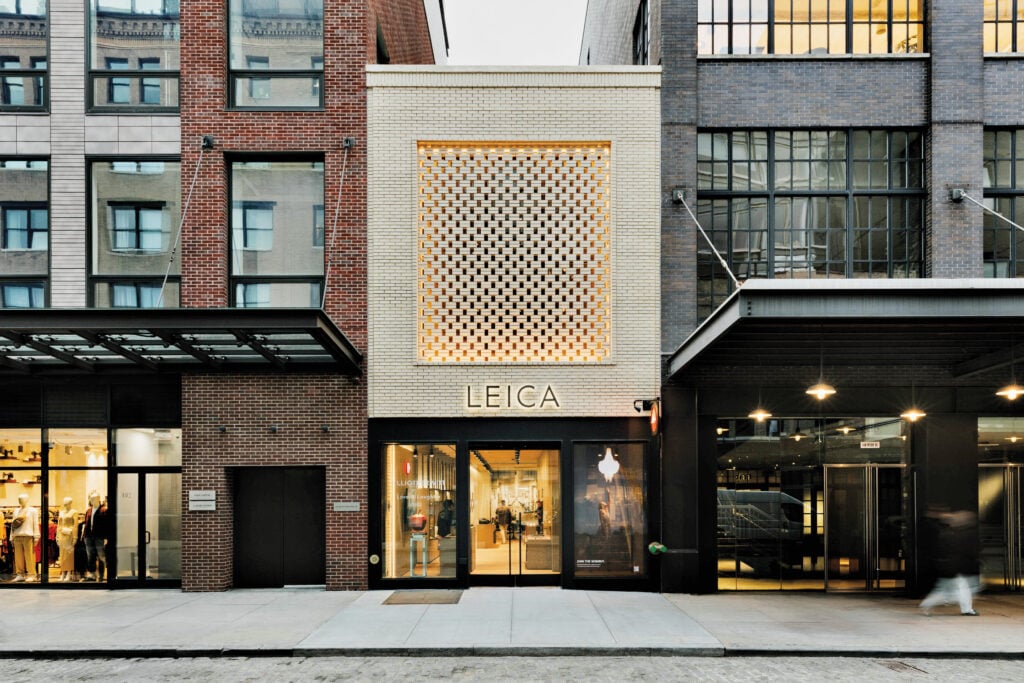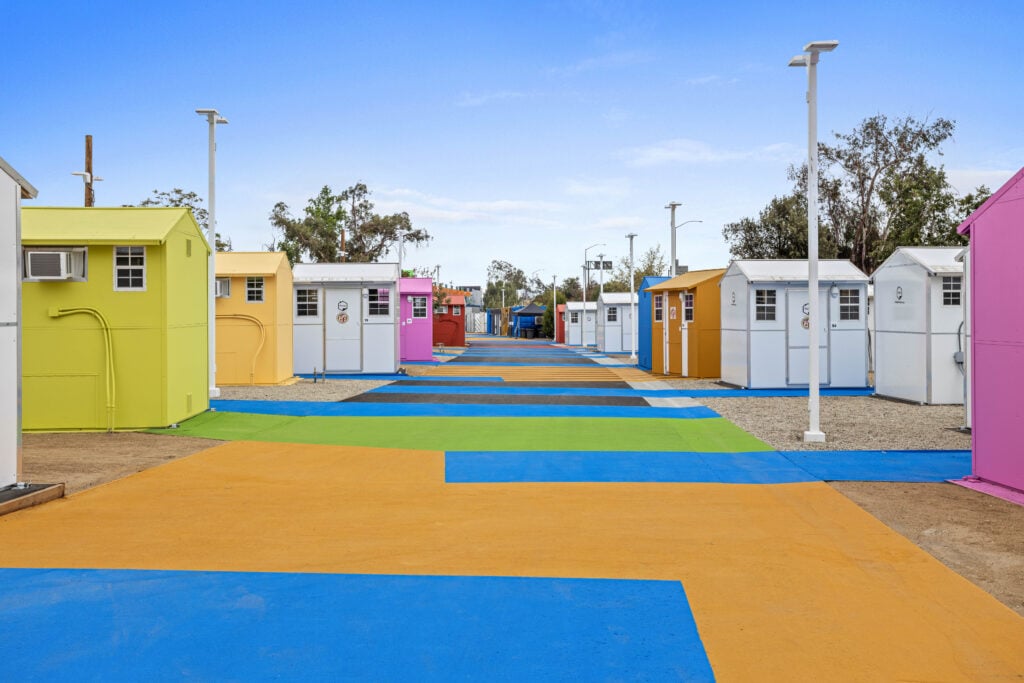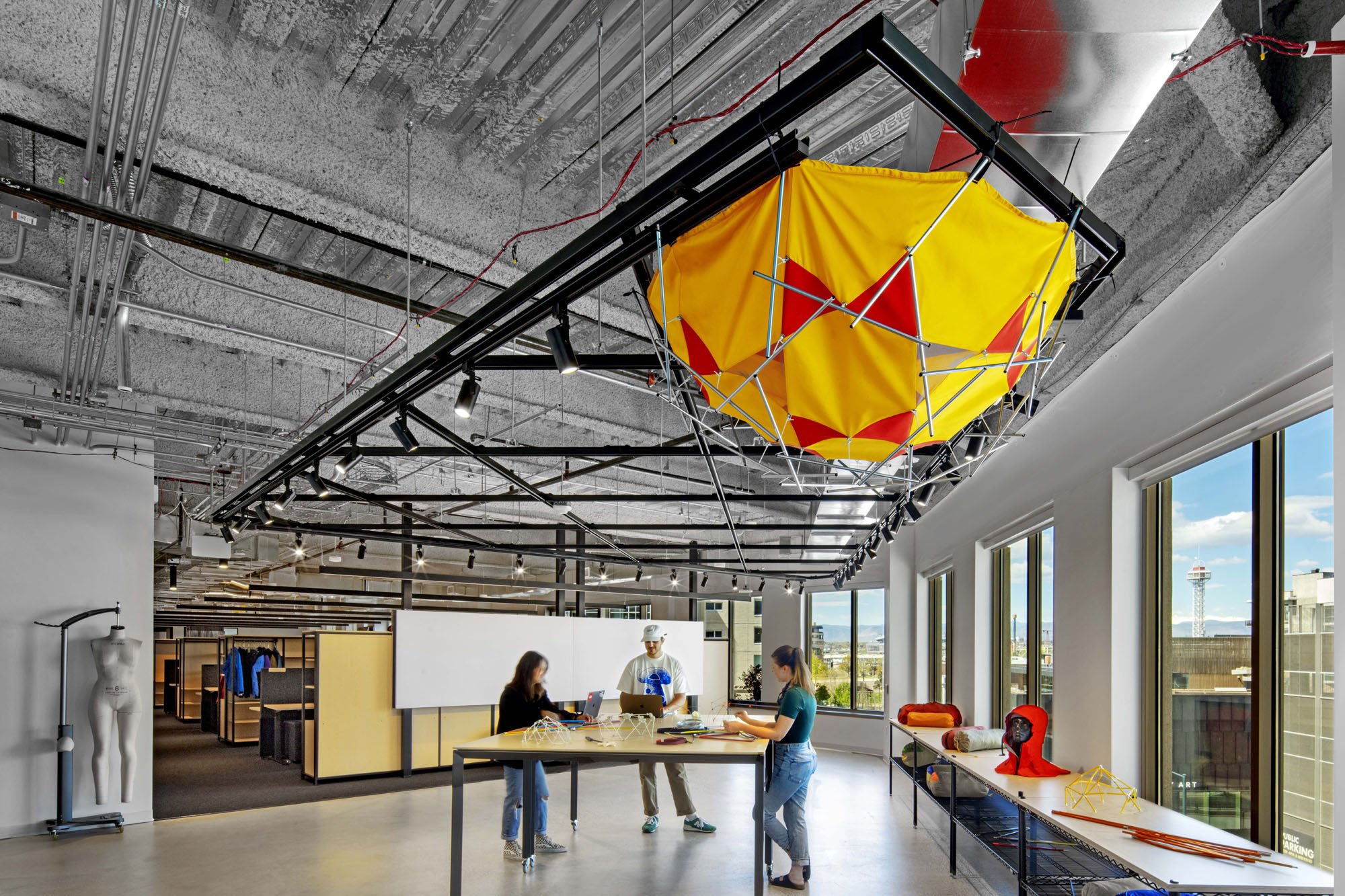
July 12, 2022
Beyond the Buzzword: How to Make “Hybrid Work” Really Work
Petersen, perhaps inspired by his firm’s name—took a quasi-religious approach to the question of what role the office plays in a modern workplace: “People have a yearning for an almost spiritual connection to the office as a place of fulfillment, where they can be connected to a company through a belief in its mission and culture building. It’s a shift away from a mega-gathering place to a pilgrimage of sorts [where employees go] be refilled and renewed by the company’s mission.”
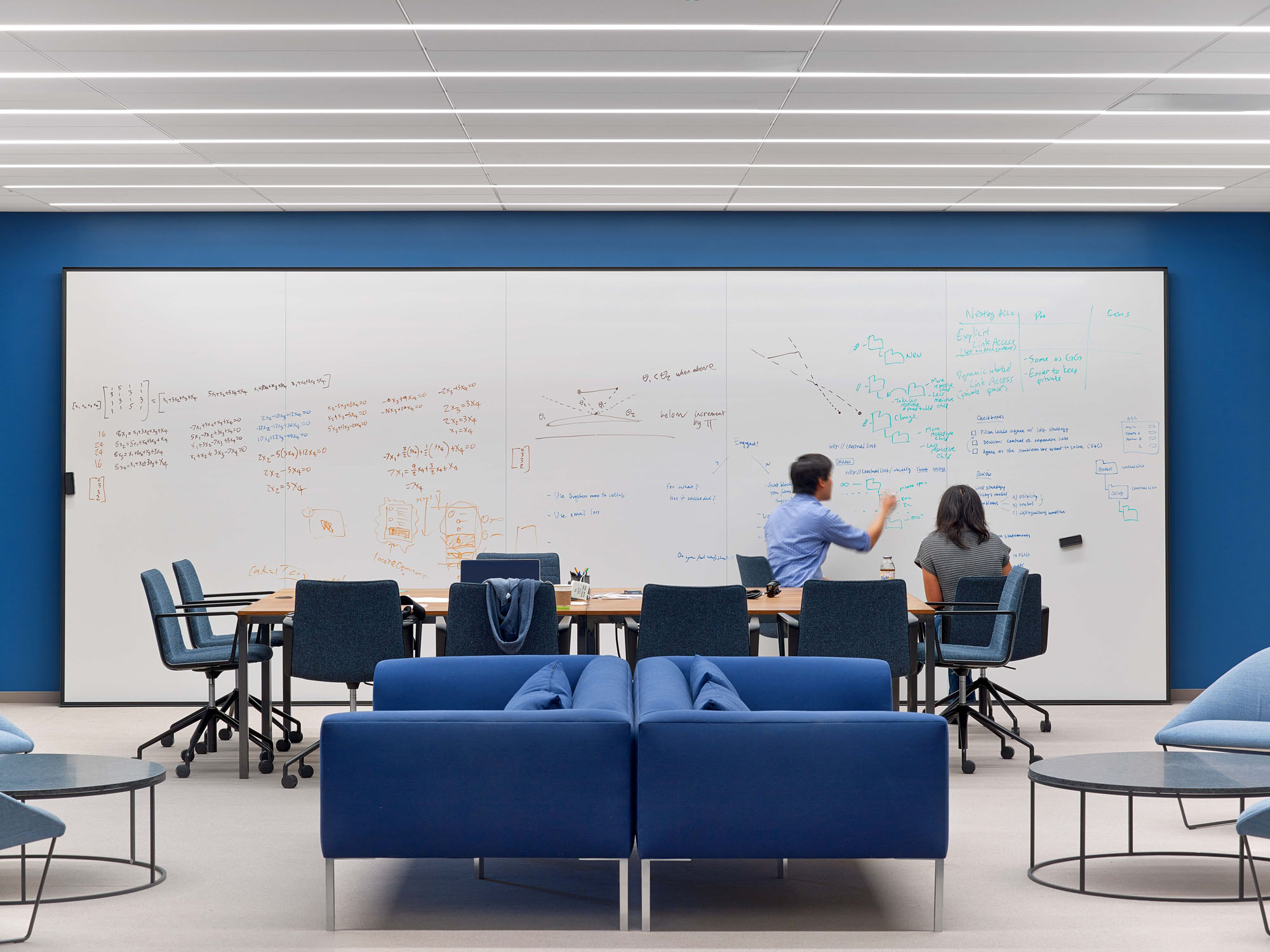
Michelle Lozzi, director of experience at internet giant Reddit, struck a more practical tone, saying that real estate decisions were just a small part of their corporate culture. “At Reddit, experience is not only our global real estate or our workplace—it’s every event and engagement that we produce and create as a company.” Reddit’s not above, she continued, the kind of work spirituality mentioned by Petersen. “To August’s point about an almost religious-like pilgrimage experience, Reddit has established that we need that physical touchpoint that is the office, we do need to see each other and be in one space in way that is fun, lighthearted and really just drives community.”
Hughes Marino, a commercial real estate advisory service, was represented by vice president Michelle Bravin, who offered some sobering real estate statistics: “Right now your footprint’s going to shrink by 20, 30 or 40 percent, but at the end of the day you can afford to spend 20 percent on tenant improvements. This can make space meaningful and valuable and work in the way you want it to work.”
Rajagopal compared companies’ real estate costs to their human resources costs: “In reality real estate costs are a fraction of the people costs: Recruiting, retaining, salary, benefits. It makes me think that real estate optimization and rightsizing are distractions. Any thoughts on that?”
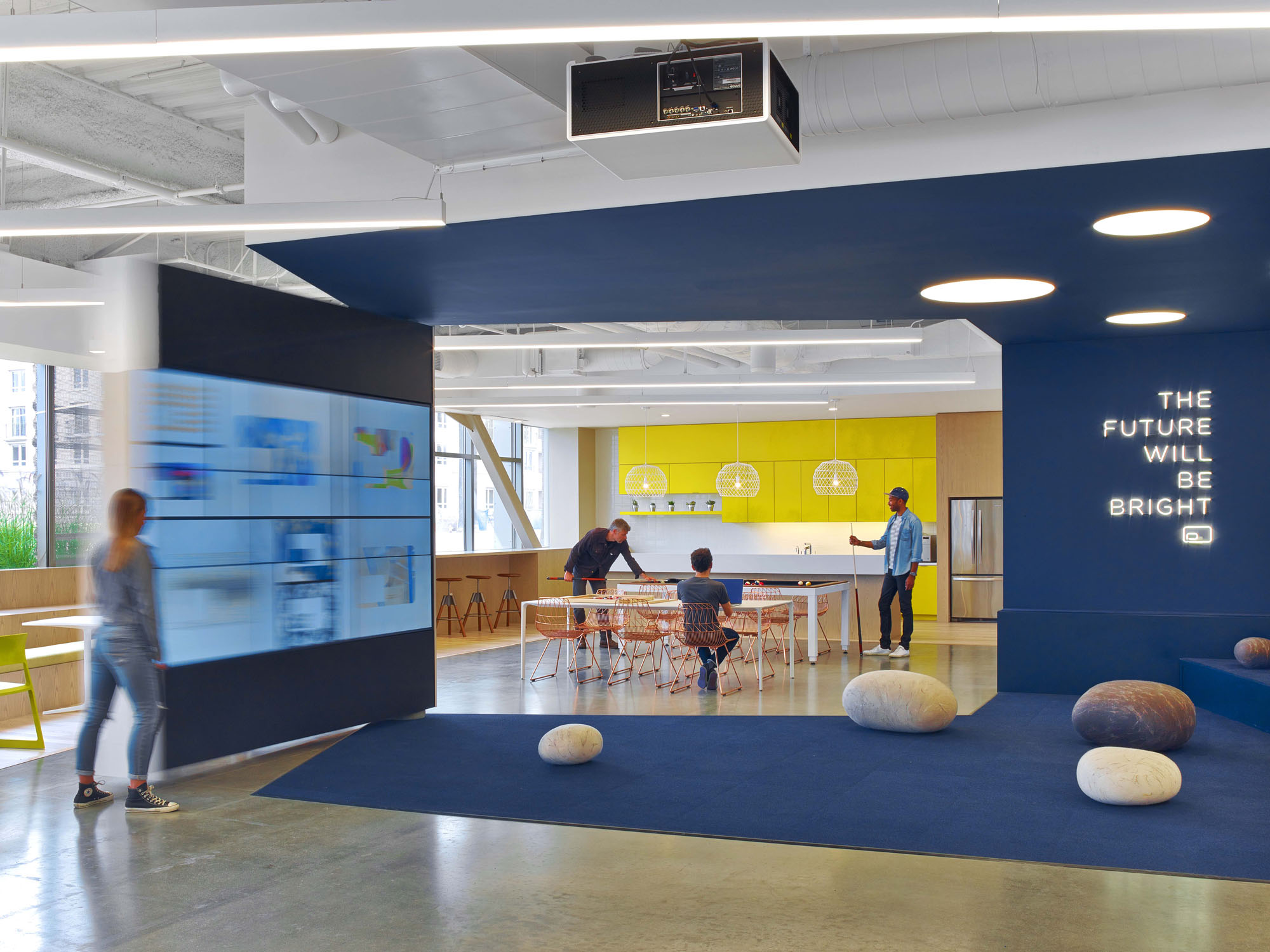
“I think the distractions question is super loaded with the whole work/life balance thing,” Bravin volunteered. “People need to know where their roadmap is going, not just the company, but if you take that down to a smaller level, what does that mean for my career? Where can I go here, and does the company care about me?”
“We’ve really pivoted our real estate model,” Lozzi said. “We have two really large spaces on each coast, but then across the middle of the country and then internationally, we’ve built really smaller real estate footprints to serve the need and test that out. And speaking of people, there are greatly different work styles between employees in the U.S. and those overseas, wildly so.”
Toward the end of the discussion, Rajagopal threw in the idea of companies’ subsidizing employees for computers, printers and so forth in their home offices.
“I know it’s a bigger can of worms than we want to open at the moment,” he said. But, like the larger conflict over how—and whether—to return to the office, “It’s a question that won’t go away.”
The Think Tank discussions were held on May 5, 12, and 19. The conversations were presented in partnership with Arden Studio, CertainTeed, Grohe, and Garden on the Wall.
Would you like to comment on this article? Send your thoughts to: [email protected]
Related
Profiles
Equipo de Arquitectura Practices Material Sincerity
The Paraguay-based firm integrates material rigor and contextual design into its cultural and residential projects.
Profiles
Format Architecture Office Envisions an Expansive Design Process
Format Architecture Office (FAO) helps clients hone their vision with a focus on the driving forces behind each design decision.
Profiles
Pallet’s Tiny Home Villages Build a Bridge to Permanent Housing
The Washington-based company creates rapid response shelter villages that can be constructed in a matter of days.

